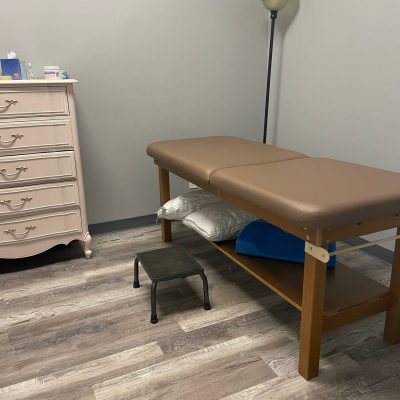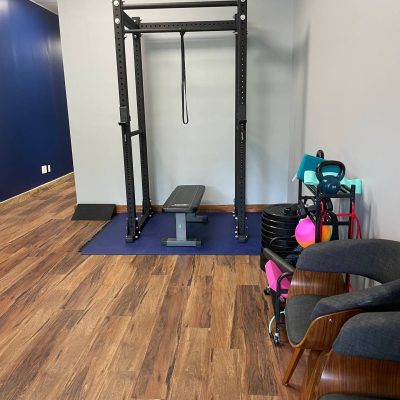Maintaining a healthy pelvic floor is crucial for overall well-being and can prevent a host of issues such as incontinence, pelvic pain, constipation, and sexual dysfunction. For men, incorporating a few daily habits can make a significant difference in pelvic floor health. Here are some essential tips to help you keep your pelvic floor in top condition.
First and foremost, fiber is your friend. A diet rich in fiber helps maintain regular bowel movements and prevents constipation, which can put undue strain on the pelvic floor muscles. Incorporate foods like whole grains, fruits, vegetables, and legumes into your daily meals. Not only will this promote digestive health, but it will also reduce the risk of pelvic floor disorders associated with straining during bowel movements.
Equally important is staying well-hydrated. Drinking water throughout the day keeps your urinary system functioning smoothly and helps prevent urinary tract infections, which can adversely affect the pelvic floor. Aim for at least half your body weight in ounces of water a day. For example, if you weigh 160 pounds, you should drink about 80 ounces of water daily. This ensures that your body is properly hydrated, which supports overall pelvic health.
Regular exercise is another cornerstone of pelvic floor health. Engaging in physical activities that strengthen the core and pelvic floor muscles can enhance their function and endurance. Activities like walking, swimming, and yoga can improve overall muscle tone and support pelvic health. Don’t know how to properly engage your Pelvic Floor muscles? A pelvic floor physical or occupational therapist can help bring awareness to these muscles and how they are connected to the deep core.
Men need to be mindful of their breathing habits, particularly avoiding holding their breath, as this can have detrimental effects on their pelvic floor health. Holding the breath, especially during activities like heavy lifting, straining, or intense exercise, increases intra-abdominal pressure, which can put undue stress on the pelvic floor muscles. Over time, this added pressure can lead to pelvic floor dysfunction, resulting in issues such as urinary incontinence, pelvic pain, and even erectile dysfunction. Proper breathing techniques, such as exhaling during exertion, can help distribute pressure more evenly and reduce the strain on these crucial muscles. By adopting better breathing practices, men can protect their pelvic floor health, maintain better overall bodily function, and prevent long-term complications.
Avoiding prolonged sitting is also crucial. Sitting for extended periods can weaken the pelvic floor muscles and lead to poor posture, which puts additional strain on the pelvic area. Prolonged sitting can also entrap the nerves from the sacral plexus, causing pelvic floor issues. Make it a habit to stand up, stretch, and move around every hour, especially if you have a desk job. Using a standing desk or an ergonomic chair can also help maintain good posture and reduce pelvic floor stress.
By adopting these daily habits—eating a fiber-rich diet, staying hydrated, exercising regularly, avoiding breath holding, and minimizing prolonged sitting—you can significantly improve your pelvic floor health. These simple yet effective strategies will not only enhance your quality of life but also help prevent potential pelvic floor issues in the future. For more personalized advice and in-depth discussion, consider consulting a trained pelvic floor physical or occupational therapist who can tailor recommendations to your specific needs. Take charge of your pelvic health today and enjoy the benefits of a strong and functional pelvic floor.







